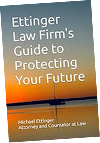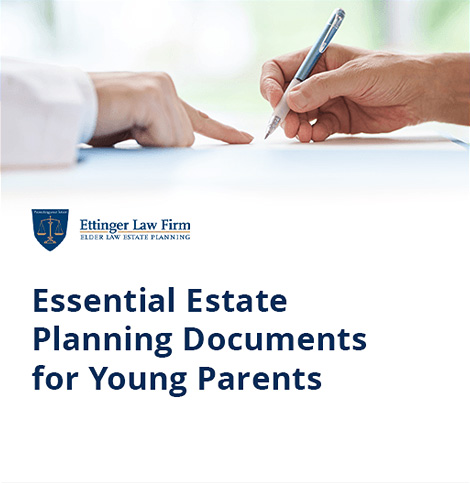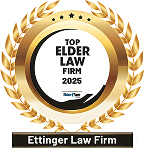What is a Legal Guardian?
As people age, they may experience cognitive decline or physical changes and need someone to care for them. In some cases, it may be necessary for legal guardians to perform these duties.
A legal guardian is an individual often appointed by the court who has the authority to make crucial life decisions on behalf of an alleged incapacitated person (AIP), such as choosing where to live, arranging medical care and managing finances. In New York, a guardian must be at least 18 years old and a legal U.S. resident or citizen. The court will consider additional factors, such as the prospective guardian’s criminal background and the ability to care for the AIP.
Schedule a No-Cost Consultation












